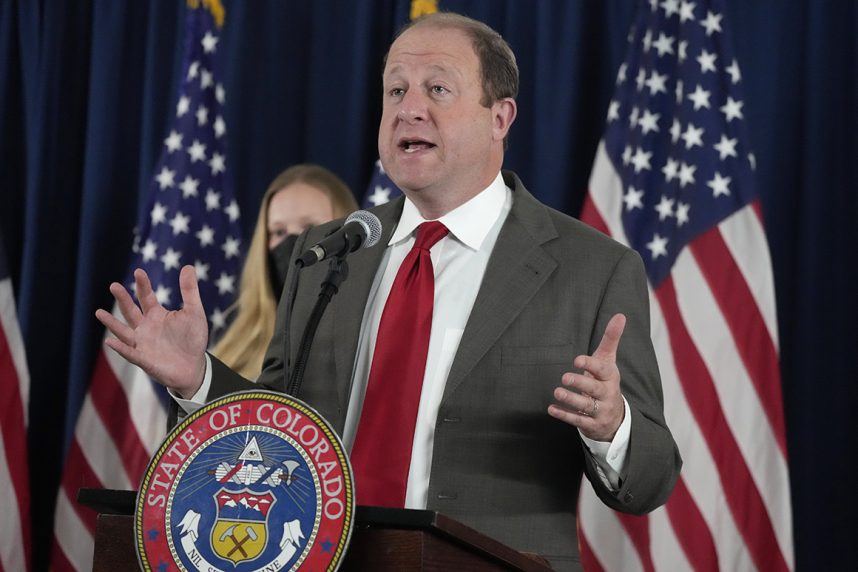Colorado Voters to Decide on Directing Sports Betting Tax to Water Projects
Posted on: May 23, 2024, 03:27h.
Last updated on: May 23, 2024, 03:27h.
In November, Colorado voters will decide on lifting the state’s $29 million cap on sports betting taxes that are allocated to water projects.

That after Gov. Jared Polis (D) signed into law the bipartisan House Bill 24-1436 (HB 24-1436). Currently, Colorado applies a 10% tax rate to sports wagering activities in the state. Some of the revenue generated is directed to oversight of operators and the rest is directed to water projects, but that amount is limited to $29 million.
In November 2020, Colorado voters approved Proposition DD, a ballot initiative to legalize sports wagering to direct revenue to the state’s water projects. Regulated sports betting debuted there the following year. Since then, the industry has delivered more than $65 million to Colorado coffers.
Over the past five years, more than $65 million has been generated from sports betting tax revenue to fund projects that would ensure our state has enough water to meet its needs by 2050. This bill increases funding for these important water conservation projects rather than increasing the profits of casinos and sports betting operators,” according to post on X (formerly Twitter) by ConservationColorado.
If voters approve of the ballot measure, sports wagering taxes collected above the $29 million limit will flow to the Water Plan Implementation Cash Fund. Should they reject the initiative, those excess funds would be refunded to gaming operators.
Colorado Has Derived Some Benefit from Sports Betting
Colorado’s 10% tax on sports wagering is among the most favorable in the country and is just a fraction of the 51% seen in New York and 36% in Pennsylvania.
Unlike some other states, including those in the West such as Oregon, New Mexico, and Washington, Colorado has a competitive, open sports wagering that’s embraced a multi-operator mobile model. Data indicate that methodology has paid some dividends for the state.
“In its first year, Colorado sports betting generated nearly five times more money for statewide water projects than anticipated,” according to the Colorado Gaming Association (CGA). “State officials’ initial projects for 2020-2021 were between $1.5 and $1.7 million. Recent reports indicate that the gaming industry has generated more than $11.4 million for Colorado’s Water Conservation Board. As the sports gambling industry continues to grow, so will Colorado’s prospects of a secure water future.”
Conversely, there hasn’t been a fiscal year in which sports betting tax collections have exceeded the $29 million limit citizens will vote on lifting.
Colorado Needs Water Funding
HB 24-1436 “supports water projects across the state, including water storage and supply, agricultural projects, and watershed health and recreation projects,” according to a statement from General Assembly Democrats.
Should it be approved and sports wagering continues growing in the state, Colorado could benefit because as one of the fastest-growing states in the country, its long-term water needs are exponentially increasing.
As of the end of 2022, Colorado had 5.84 million residents, up from 4.43 million at the start of this century, and by some estimates, the state’s population could almost double by 2060, stoking significant water demand in the process.
Related News Articles
California Sports Betting Vote Unlikely Before 2026, Mobile Further Out
California Sports Betting Not Making Headway with Voters
Most Popular
Most Valuable Las Vegas Casino Chips
VEGAS MYTHS BUSTED: Vegas Heat Melts Traffic Lights
Most Commented
-
Three Gamblers Lose $24M Total at Las Vegas Casino
— May 22, 2024 — 6 Comments
















No comments yet